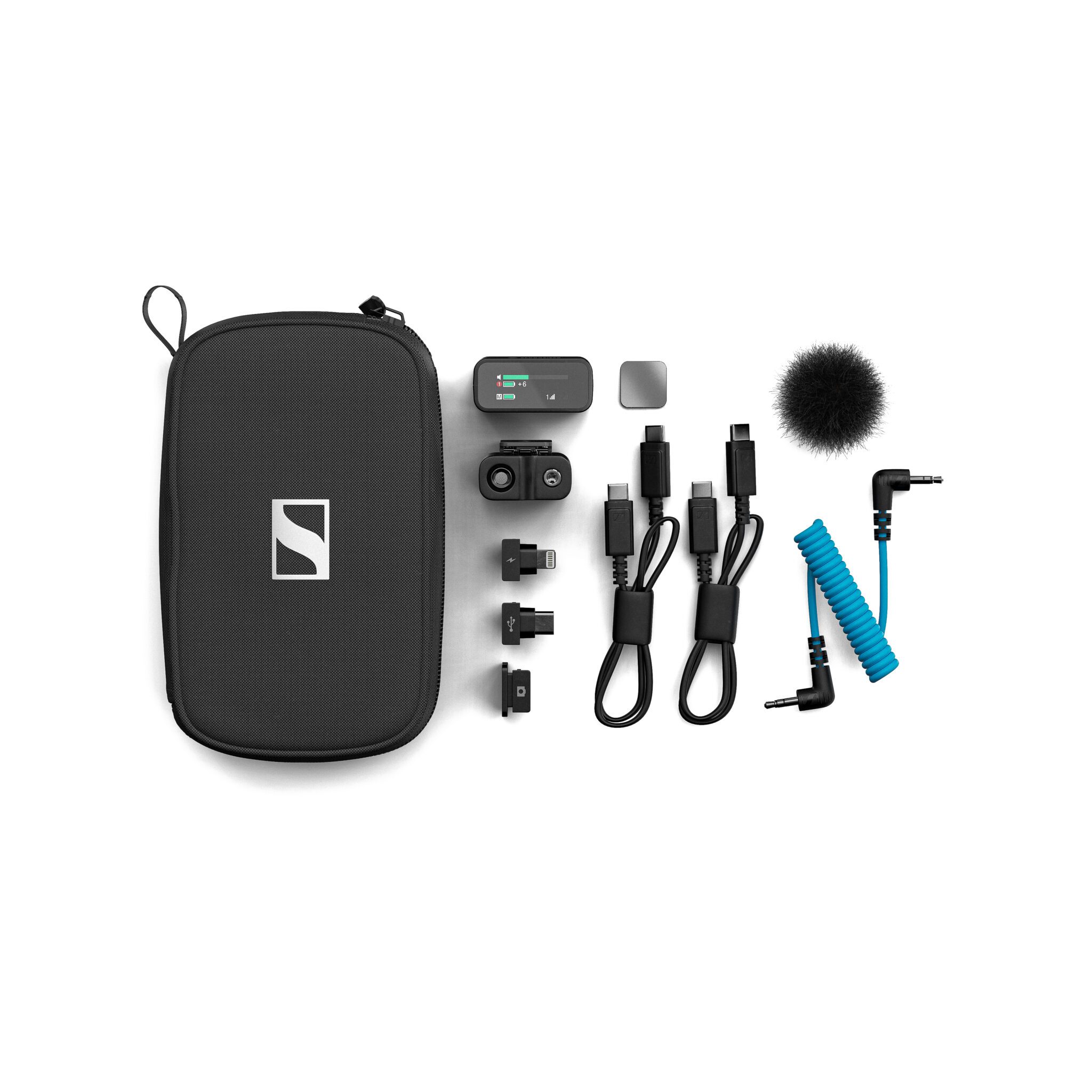Is an internet service provider (ISP) liable for copyright infringement by its subscribers? On June 30, 2025, the U.S. Supreme Court agreed to review the major record labels' copyright infringement lawsuit against Cox Communications, a large ISP.
The question in the case is whether or not Cox is immune from lawsuits over copyright infringement by Cox’s subscribers (vicarious copyright infringement).
Cox was sued by major record labels Universal Music Group, Sony Music Entertainment, and Warner Music Group, among others. In 2019, a jury in a Virginia federal court held Cox liable for both contributory and vicarious copyright infringement and awarded one billion dollars in damages. The jury found Cox liable for violations of copyright law by Cox’s internet service subscribers.
The record labels contended that Cox “knowingly contributed to, and reaped substantial profits from, massive copyright infringement committed by thousands of subscribers.”
In February of 2024, a federal appeals court overturned the “vicarious liability” portion of the judgment but confirmed the “contributory infringement” ruling. The court ordered a new trial to establish the amount of damages stating that the one billion dollars was unjustified. Both Cox and the music labels then appealed to the U.S. Supreme Court.
In November of 2024, the Supreme Court asked the federal government to provide its opinion on the case. In response, the U.S. Solicitor General supported Cox’s position, and contended that ISPs don’t become liable for copyright infringement simply because they do not terminate subscribers from their service after having received a notice of copyright infringement.
The labels disagreed with the government’s opinion stating it was “bewildering” and stated:
“Cox was held liable not because it failed to do enough to police infringement, but because it took no meaningful steps to stop infringement and continued serving specific, identifiable subscribers even after receiving explicit notice of their repeat (and often rampant) infringement.”
The labels further stated:
“Cox kept supplying the means of infringement because it adopted an express policy of prioritizing profits from subscription fees over compliance with the Copyright Act of the DMCA.” (The DMCA being the Digital Millennium Copyright Act that gives legal protections to ISPs that cooperate with copyright owners.)
The record labels requested that the Supreme Court review the vicarious liability issues and reject Cox’s contributory infringement positions. Cox has contended that it should not be held liable for the actions of others.
Cox has been sued in other cases related to copyright infringement. and deceptive advertising. In addition, Cox has been a defendant in a dispute over government funding for broadband expansion.
There have been some other instances of litigation between record labels and ISPs, including lawsuits filed by labels against Charter Communications and Astound Broadband.
This article is a very brief overview of the subject matter and does not constitute legal advice.
GLENN LITWAK is a veteran entertainment attorney based in Santa Monica, CA. He has represented platinum selling recording artists, Grammy winning music producers, hit songwriters, management and production companies, music publishers and independent record labels. Glenn is also a frequent speaker at music industry conferences around the country, such as South by Southwest and the Billboard Music in Film and TV Conference. Email Litwak at gtllaw59@gmail.com or visit glennlitwak.com.













